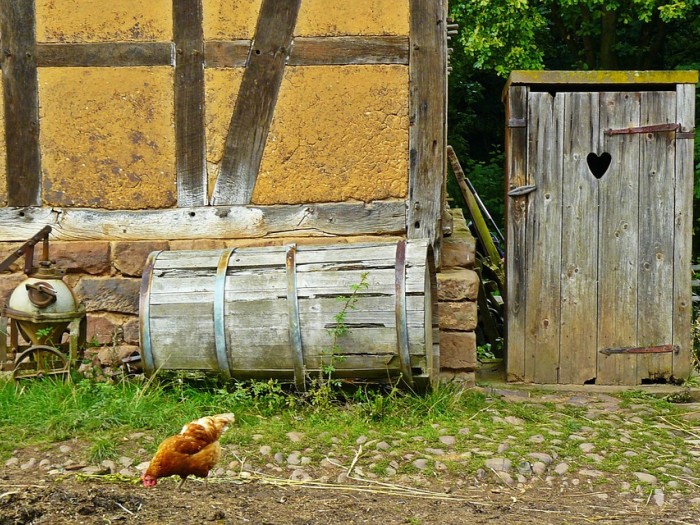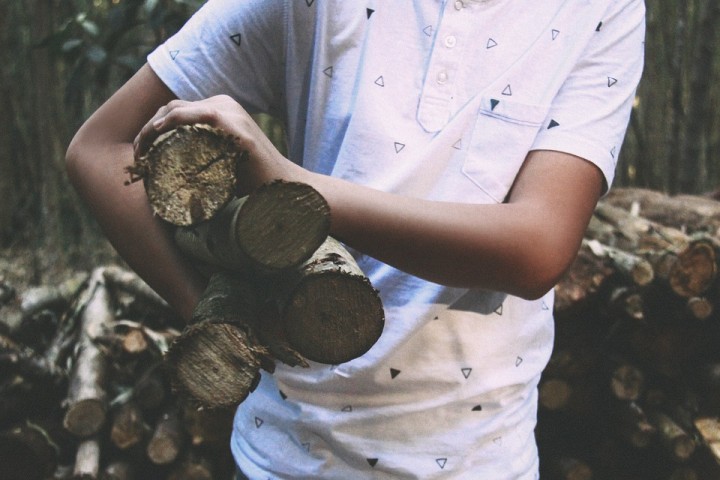If this title makes you go what the WWOOF?, keep on reading and you’ll soon find out what is it all about. But first let me ask you this- how does a possibility of learning more about sustainability and organic farming sound to you? Tempting? I bet it does. Especially because you can do it! This is what wwofing is offering.
Its letters, WWOOF, stand for World Wide Opportunities On Organic Farms, and it also means Willing Workers On Organic Farms. In its most basic core it means you go and work in exchange for food and accommodation on organic farms all over the world. However, from my experience, those farms don’t have to be organic per se. There are many different hosts you can choose from and the work may vary.

WWOOF your way around the world
How does it work?
Volunteers
There isn’t any international crown WWOOF organization, however there are national organizations in different countries you can join against paying a small yearly fee. Once you apply, you gain access and can start browsing through host lists and choose the one you find close to.
Like already mentioned, this isn’t a worldwide organization but it’s organized on national level. Also the jobs may vary and you can find yourself doing many different things- be it mowing the lawn, feeding and taking care of the animals (including cleaning their poop), small repair and maintenance jobs, working in the garden, vineyards, orchards,… Whatever the work may include, it will give you an incredible opportunity and an inside peek into a farm life.
There is no general rule about how long you can or should stay with your hosts, as this mostly depends on your agreement with them, however most short term stays last between 2 and 4 weeks or even just a couple of days, whilst long term stays can stretch up to 6 months. You will usually work between 4 to 6 hours a day and get the rest of the time off to explore the surroundings.
Hosts
If you have a farm that could use an extra pair of hands or just want to spread your knowledge and share your experiences, you can apply as a host in your country and offer one-in-a-lifetime experience to people eager to learn, help and work.
What do I get from it?
This is quite relative. We all see, perceive and experience things differently, however I’m certain there are a couple of things, we all benefit from:
- It allows you to meet and get to know the locals and feel the vibe of the place. Let’s face it- staying at a hostel or staying with a local host are two completely different things. While staying at a hostel is an awesome experience where you meet new people from all over the world, staying with local people gives you an insight into everyday’s life of the country you’re visiting. You get to know the pace of it and its habits. Not to mention your language skills improve and you’ll soon pick up the accent, too.
- Don’t want to brag but I believe I had the best work ever, because I was able to volunteer at The Animal Sanctuary, which included taking care of rescued farm animals and native birds of New Zealand. This way I was able to learn a lot about the animals and how to take a proper care of them- what you learn, depends a lot on what you’re doing, as well as your willingness to learn. However one thing is certain- you will learn a lot and create memories that will last forever.

Who is it suitable for?
Wwoofing probably isn’t suitable for anyone. If you prefer fancy holidays where you don’t get your hands dirty, then maybe you should stay away from it.
But if you are open to new things that are slightly different and give you an incredible chance of learning and personal growth, if you’re interested in alternative ways of living, that are more sustainable and eco-friendly, then you should definitely give it a try.
Things to know and remember
- while wwofing is a great way to learn new things, it’s not completely free of charge
- costs you will have include: subscription fee, insurance, travel expenses, visa if required,…
- always pay extra attention to your insurance policy and what all it includes
- some host accept volunteers with their kids but not all of them, so you should always double check
- hosts should never charge you for your stay- in case they do, contact the national organization
- while there usually isn’t an upper age limit, you should be at least 18 years old in most of the countries, and in some even over 18
- keep an open mind- farm work might not be as romantic as some believe- it’s hard work, especially if you have some physical limitations, so don’t keep them a secret from your host
- last but not least- enjoy and make the most of it. It truly is an unique experience!